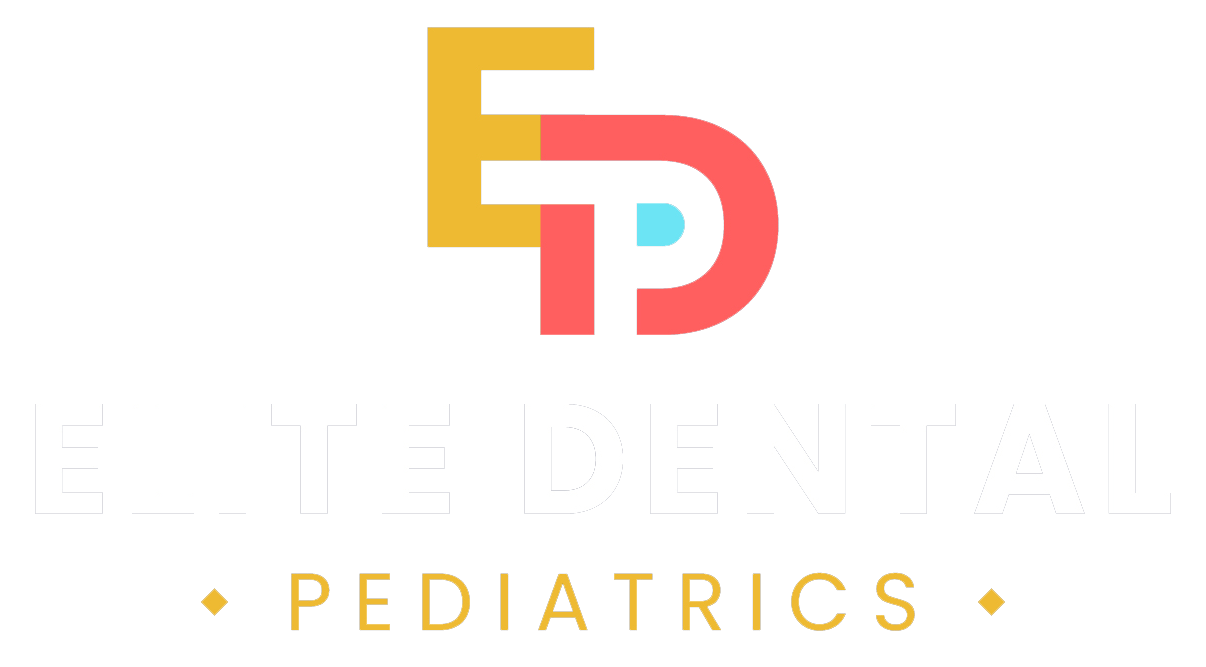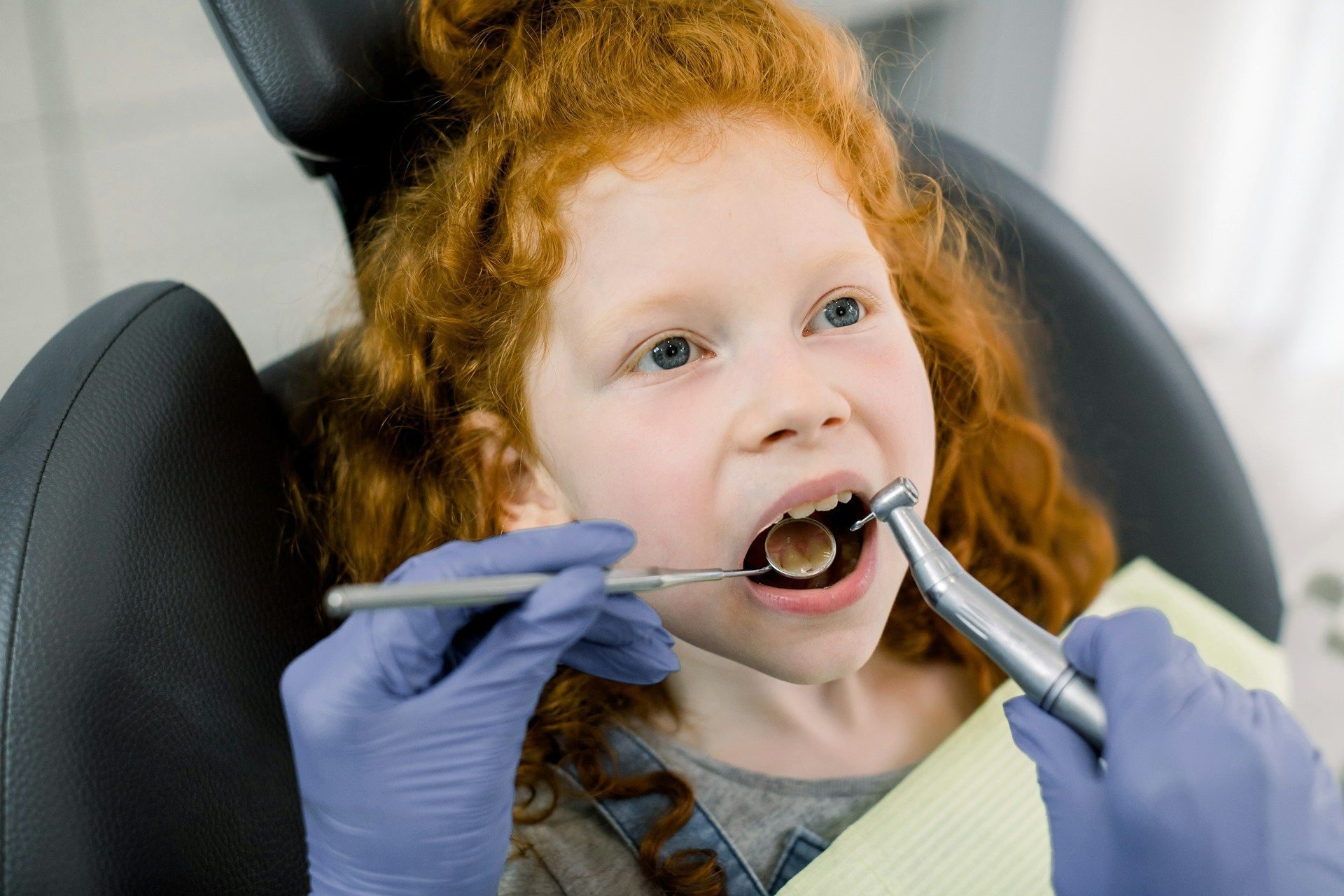Common Dental Myths Parents Should Ignore
As parents, we strive to make the best decisions for our children's health, including their dental care. However, many myths and misconceptions can lead us astray. Believing these myths can cause us to neglect important aspects of our child’s dental health or make choices that may not be in their best interest.
In this article, we'll debunk some of the most prevalent dental myths parents often hear. By addressing these myths, we can provide the proper care for our kids’ teeth and set them up for a lifetime of healthy dental habits.
Myth: Baby Teeth Don’t Need Much Care Since They’ll Fall Out
Importance of Baby Teeth for Future Oral Health
Baby teeth, or primary teeth, play a crucial role in your child’s overall oral health. These teeth help children chew food properly, which aids in digestion and nutrition. They also assist in speech development by helping form words and sounds. Furthermore, baby teeth hold space in the jaw for permanent teeth that will grow later. If these teeth fall out too soon, the adjacent teeth can drift into the empty space, causing crowding when the permanent teeth eventually come in.
Consequences of Neglecting Baby Teeth
Neglecting baby teeth can lead to several problems, both in the short and long term. Tooth decay and cavities in baby teeth can cause pain and infection, which might require invasive treatments. These issues can also affect your child's ability to eat and speak comfortably. Additionally, if a baby tooth is lost prematurely due to decay, it can disrupt the natural alignment of incoming permanent teeth, potentially leading to the need for orthodontic treatment later on. Ensuring proper care of baby teeth sets the foundation for a healthy smile well into adulthood.
Myth: Sugar Is the Only Cause of Cavities
Other Food and Drink Culprits
While sugar is a well-known cause of cavities, it isn't the only culprit. Foods high in carbohydrates such as bread, crackers, and pasta can also contribute to tooth decay. These carbohydrates break down into sugars in the mouth, which then feed harmful bacteria. Beverages like fruit juices, sodas, and sports drinks are also significant contributors to cavities. They often contain high levels of sugar and acids that erode the enamel and create an environment where bacteria can thrive.
Role of Oral Hygiene in Preventing Cavities
Good oral hygiene plays a fundamental role in preventing cavities, regardless of the types of food your child consumes. Regular brushing and flossing remove the plaque and food particles that can lead to tooth decay. Using fluoride toothpaste helps strengthen the enamel, making it more resistant to acid attacks from foods and drinks. It's also important to ensure that children rinse their mouths with water after eating sugary or acidic foods to help neutralize the acids and wash away residual sugars. Educating kids about the importance of brushing after meals and flossing daily can go a long way in maintaining their dental health.
Myth: Kids Don’t Need to Floss
When and Why to Start Flossing
Many parents believe that flossing isn’t necessary for kids, especially when they have gaps between their teeth. However, flossing should start as soon as two teeth touch. This usually happens around the age of two or three. Flossing helps remove food particles and plaque from between the teeth and under the gumline, areas that a toothbrush can’t reach. This practice is essential in preventing cavities and gum disease, even in young children.
Flossing Techniques for Children
Teaching kids how to floss properly can be a bit challenging but is crucial for their dental hygiene. Start by using floss sticks or picks, which are easier for little hands to maneuver. Show your child the correct way to floss by gently sliding the floss between their teeth and making a "C" shape against the side of each tooth. Encourage them to be gentle as they move the floss up and down. Regular practice will help them become more comfortable and effective at flossing, leading to healthier gums and teeth.
Myth: Dental Visits Aren’t Necessary Until a Problem Arises
Importance of Regular Checkups
Regular dental checkups are vital for maintaining your child's oral health. These visits allow the dentist to monitor the development of your child's teeth and catch any issues early on. Routine checkups can help prevent problems like cavities, gum disease, and misalignment. Establishing a pattern of regular dental visits from an early age also helps your child get used to the dentist's office, reducing anxiety and making future visits smoother.
Early Detection of Dental Issues
Dental visits aren’t just for when a problem arises. Preventive care is a significant part of maintaining oral health. By taking your child to the dentist regularly, you enable the early detection of potential issues like tooth decay, bite problems, or oral hygiene habits that need improvement. Early intervention can save your child from more invasive and costly treatments down the line. Regular visits also provide you with valuable advice on how to care for your child's teeth at home, including brushing and dietary tips.
Conclusion
Debunking common dental myths is essential for ensuring our children's oral health is well taken care of. By understanding the importance of baby teeth, recognizing that sugar is not the only cause of cavities, encouraging flossing, and maintaining regular dental visits, we can set our kids on the path to healthy dental habits. Taking these steps helps prevent issues before they start and ensures that your children have bright, healthy smiles for years to come.
If you have any questions or concerns about your child’s dental health, don’t hesitate to reach out to us at Elite Dental Pediatrics. Our friendly and experienced team in Houston, Texas, is here to provide the best care for your little ones. If you are looking for the
best kids' dentist, schedule a consultation today and let us help keep your child’s smile shining brightly!










